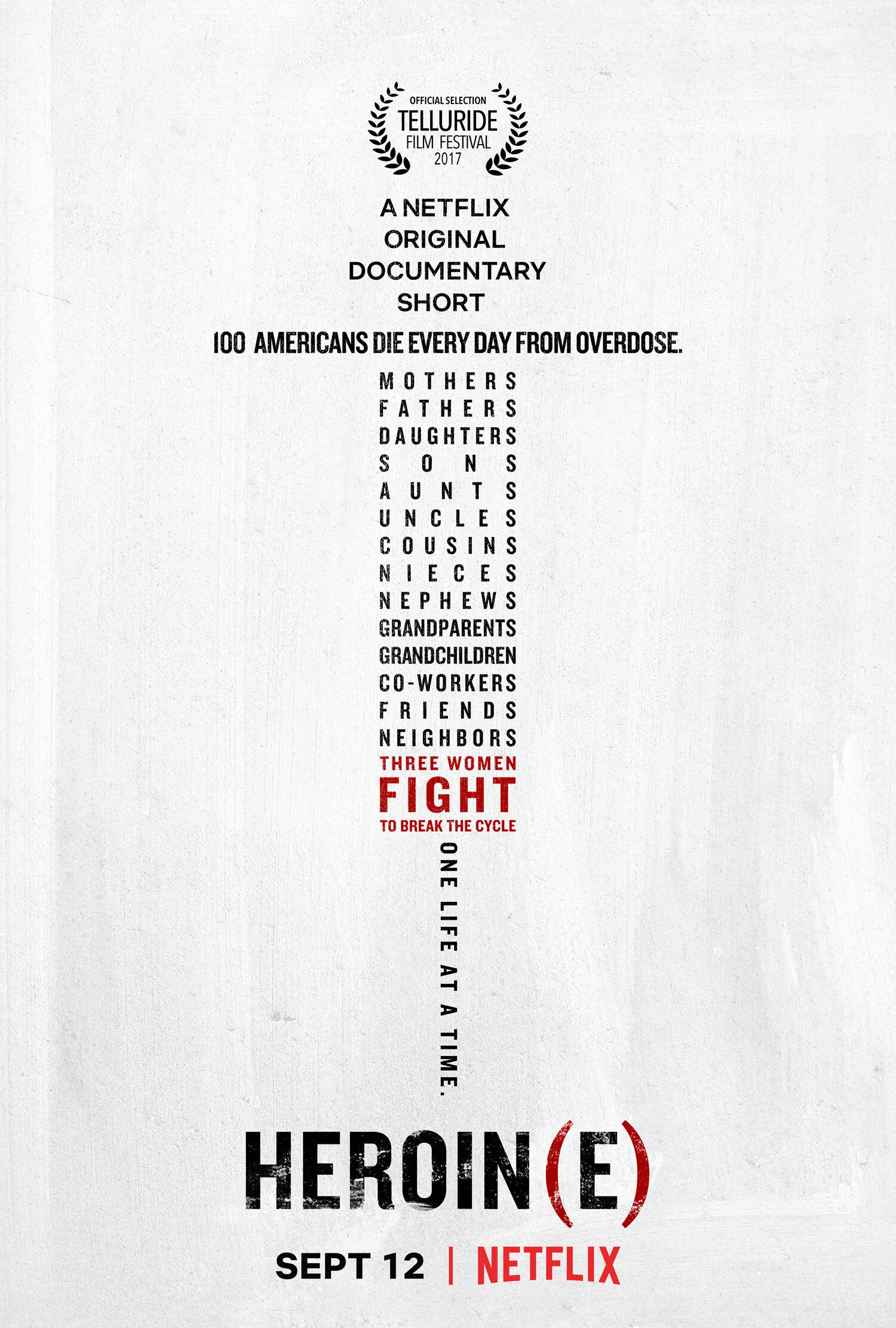It gets personal.
I’ve been a member of a 12 step community for some time now. It’s a great benefit to my life and livelihood. Even with all the pain and joy and lessons and failures I’ve experienced in such an amazingly non-judgmental community I was still guilty of holding up a stigma against those whose struggles were different from my own.
Several months ago, five months and nine days to be precise, someone I loved very much died from an overdose. The particulars of that moment and how it happened are wildly important but many of those details are also private so, in the interest of this blog and privacy, not necessarily pertinent.
The point is, due to the illness of Substance Use Disorder, a life that was precious and monumental is now one that is remembered. In the subsequent days following the passing of this dear family member I was in a daze. I was searching for the words to share or even identify with and for the most part the words didn’t come.
Visibly shaken, I would be asked by people in work meetings if I was okay. I’d tell them my cousin died and I was trying to sort it all out. Inevitably they would follow up that question with, “How did your cousin die?”
I would say, “It was an overdose.”
In that moment I would see something shift in the person asking questions. I felt like I could see them take a person who lived life out loud and with gusto and put him into another category because of his disease. He was a fighter for justice. He was a skilled craftsman at his work. He decided on his off time to take on the Appalachian Trail. He went for everything he went for full force. And yet, he had a disease.
I made a call to a dear friend in Nashville who is a Professional Addiction Recovery Coach from my home office. I remember saying to David, “It’s like there’s a stigma attached this thing!”
David began siting references and giving examples of how that is not only true but how it could hinder people getting the help and care they need. I feverishly began writing on my dry erase board everything he was saying. By the end of that call I was convinced that the next documentary I would put my hands to needed to look at stigma as it relates to Substance Use Disorder and its effect on recovery.
Over the next few weeks my partner at TEN/28, Antony Boshier, and I began mapping out what that would actually look like. We started the process of writing a treatment, making connections and sussing out the particulars of what a film like this would have to offer in the conversation.
Shortly after that we formed a partnership with a sober living community in Nashville to provide tax exempt status for donations for the film and decided that proceeds from the sale of the final documentary would go to them to help continue the work they are doing.
In that time we’ve gotten involved with Second Chance Sober Living on a deeper level and have made friendships and relationships we will never take for granted.
I’ll be posting regularly about this film as we get closer to pre-production and all throughout the production of this documentary. If you are interested in giving toward this film please visit Second Chance Sober Living online or click here.
Please follow our work on Facebook, Instagram and Twitter as we look to grow a community of people willing to take a hard look at the stigma associated with Substance Use Disorder.
-skip
